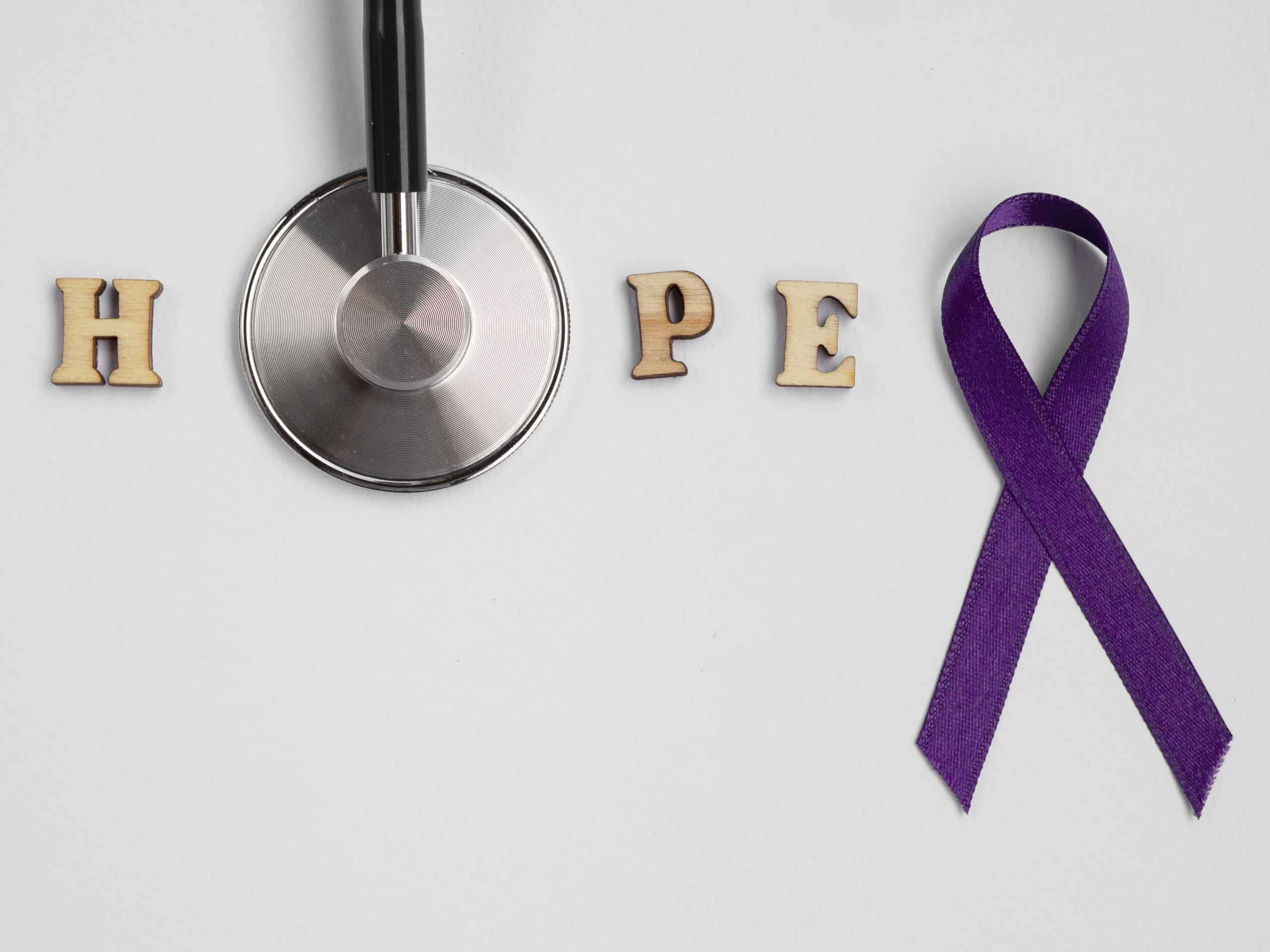Why Are Cancer Costs So High in 2025?
Cancer remains one of the most financially devastating diagnoses in the U.S. Even with improved insurance coverage, patients often face skyrocketing out-of-pocket costs for:
- Chemotherapy and radiation
- Targeted therapies
- Imaging and diagnostic tests
- Hospital stays and specialist visits
- Travel to specialized cancer centers
For many patients, out-of-pocket costs can exceed $100,000 per year — and that’s before considering supportive care, transportation, or time off work. These expenses can quickly drain savings and derail retirement plans, leaving patients and families struggling to afford the best possible care.
How Much Are Out-of-Pocket Costs for Cancer Patients?
According to recent estimates:
- Chemotherapy and immunotherapy: $80,000 – $250,000 annually
- Targeted therapies: $5,000 – $20,000/month
- Advanced radiation therapies: $40,000 – $75,000 per treatment course
- Supportive care (travel, lodging, caregiving): $10,000 – $50,000+ per year
Even with insurance, deductibles, co-pays, and non-covered treatments add up fast. For patients with metastatic or advanced cancers, costs often snowball over multiple years.
Does Insurance Cover All Cancer Treatment Costs?
Insurance may cover FDA-approved treatments and some hospital stays, but many patients find that:
- Experimental therapies or clinical trials are often denied.
- Non-traditional or integrative treatments may receive limited or no coverage.
- Appeals for coverage can be lengthy and stressful.
This leaves patients facing a choice: pursue the best available care — or figure out how to pay for it.
How Can Cancer Patients Pay for Out-of-Pocket Costs?
The good news: you’re not alone, and there are real financial strategies that can help bridge the gap.
1. Viatical Settlements (Sell Your Life Insurance Policy)
If you have a life insurance policy, a viatical settlement can provide immediate, stress-free funding. This process allows you to sell your policy to a third party for a lump-sum payment, often up to 80% of the policy’s death benefit.
Here’s how it works:
- You sell your policy for a cash payout.
- The buyer takes over premium payments and receives the death benefit later.
- You use the funds now to pay for:
- Cancer treatments
- Travel to specialized centers
- Home care and support
- Living expenses
Cancer Care Financial, a viatical settlement company, specializes in helping patients navigate selling your life insurance policy with compassion and speed — often delivering funds in just a few weeks.
2. Accelerated Death Benefits
Many life insurance policies include accelerated death benefit riders. These allow you to access a portion of your death benefit early if you’re diagnosed with a terminal illness. Typically:
- The payout can be up to 50% (sometimes more) of the policy’s face value.
- Funds can be used for treatment costs, travel, or everyday living expenses.
- The remaining benefit is paid to your beneficiaries when you pass.
However, it’s essential to review the terms of your policy carefully. Some insurers may have strict criteria (such as a life expectancy of 12 months or less), and accessing these funds can reduce the final payout to your loved ones.
3. Life Insurance Policy Loans on Permanent Policies
If you have a permanent life insurance policy (like whole life or universal life), you might be able to borrow against the policy’s cash value. This can be a flexible option:
- You take a loan against the accumulated cash value of the policy.
- The interest rates are often lower than traditional personal loans.
- No credit check is required, and you can repay on your own schedule.
However, unpaid loans (plus interest) will reduce the death benefit paid to your beneficiaries. It’s crucial to understand the long-term impact before proceeding.
Why It Pays to Plan Ahead Financially
Too many patients wait until they’re overwhelmed by bills to explore funding options. But by planning ahead, you can:
- Access viatical settlement funds while you’re still eligible
- Take advantage of accelerated death benefits or policy loans
- Avoid treatment interruptions due to cost
- Reduce financial stress on your family
- Focus on healing, not bills
Even if you’re just starting treatment, it’s never too early to understand your financial options.
Final Thoughts: Hope — and Real Funding Options — for Cancer Patients
Cancer’s financial burden in 2025 is real, but so is the help available. Viatical settlements, accelerated death benefits, and policy loans offer practical, compassionate ways to pay for treatment and stay focused on what matters most.
Cancer Care Financial is here to guide you through every step of the process — with clarity, compassion, and a commitment to helping you access the care you deserve.
Frequently Asked Questions About Cancer Costs in 2025
What are typical out-of-pocket costs for cancer treatment in 2025?
Out-of-pocket costs can range from $50,000 to over $250,000 per year, depending on the type of cancer, treatments chosen, and insurance coverage.
Does insurance cover all cancer treatment costs?
Insurance often covers FDA-approved treatments but may not cover experimental therapies, integrative treatments, or travel and lodging costs.
How can I pay for cancer treatment if my insurance doesn’t cover everything?
You can pay for treatment through a combination of:
- Viatical settlements
- Accelerated death benefits
- Life insurance policy loans
What is a viatical settlement and how does it work?
A viatical settlement lets you sell your life insurance policy for a cash payout — often up to 80% of its value — to pay for medical costs, living expenses, and other needs.
What is an accelerated death benefit?
An accelerated death benefit is a feature that allows you to access a portion of your life insurance policy’s death benefit if you’re diagnosed with a terminal illness. It can help pay for treatment costs, travel, or living expenses.
Can I take a loan from my life insurance policy?
Yes. If you have a permanent life insurance policy, you can borrow against the policy’s cash value. Interest applies, and unpaid loans reduce the final death benefit.
Where can I get help applying for a viatical settlement?
Cancer Care Financial offers personalized guidance, making the process fast and supportive. Visit CancerCareFinancial.com or call 844-440-7355 for a free consultation.







